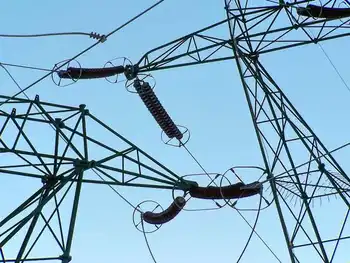Duke wants OK for temporary cooling setup
Allen pulls millions of gallons a day from Lake Wylie and uses it to condense steam inside the coal-fueled plant. The warmed water is then piped into a canal where it cools before flowing into the South Fork of the Catawba River.
Drought makes it harder to cool the discharged water, which must be below 102 degrees before flowing back into the lake. Little water flows into Wylie from tributaries and Duke releases less water from its dam, reducing the circulation of fresh water in the lake. That problem could limit the amount of power that Allen, one of Duke's largest plants at 1,140 megawatts, can produce.
Demand for electricity is highest in summer, when air conditioners kick in around the region. Duke's solution: Draw 86 million more gallons a day from the lake to the canal. The 11 percent increase of cooler water would further dilute the warm discharge water. The utility applied Friday to the Federal Energy Regulatory Commission for permission to use the temporary system through September.
Without it, said Joe Hall, Duke's lake-services director, Allen might have to curtail its operations. The N.C. Division of Water Quality, which polices Duke's discharges to the lake, has already approved the request.
Next year, Duke plans to install a permanent system to bring in more cooling water each summer from July through September, allowing the plant to make more power. Since the drought took hold more than a year ago, Duke has sharply reduced operation of its hydroelectric power plants to conserve water in its lakes.
Earlier this year, the utility reconfigured its McGuire nuclear plant to allow Lake Norman to be reduced three feet below its previous minimum level. Duke also took an option to buy up to 520 megawatts of power from a natural gas-powered plant in South Carolina if its own plants can't run.
Related News

Renewable power surpasses fossil fuels for first time in Europe
LONDON - Renewable power for the first time contributed a bigger share in the European generation mix than fossil fuels as the fallout from the pandemic cut energy demand.
About 40 percent of the electricity in the first half in the 27 EU countries came from renewable sources, compared with 34 percent from plants burning fossil fuels, according to environmental group Ember in London. As a result, carbon dioxide emissions from the power sector fell 23 percent.
The rise is significant and encouraging for law makers as Europe prepares to spend billions of euros to recover from the virus and set the…





